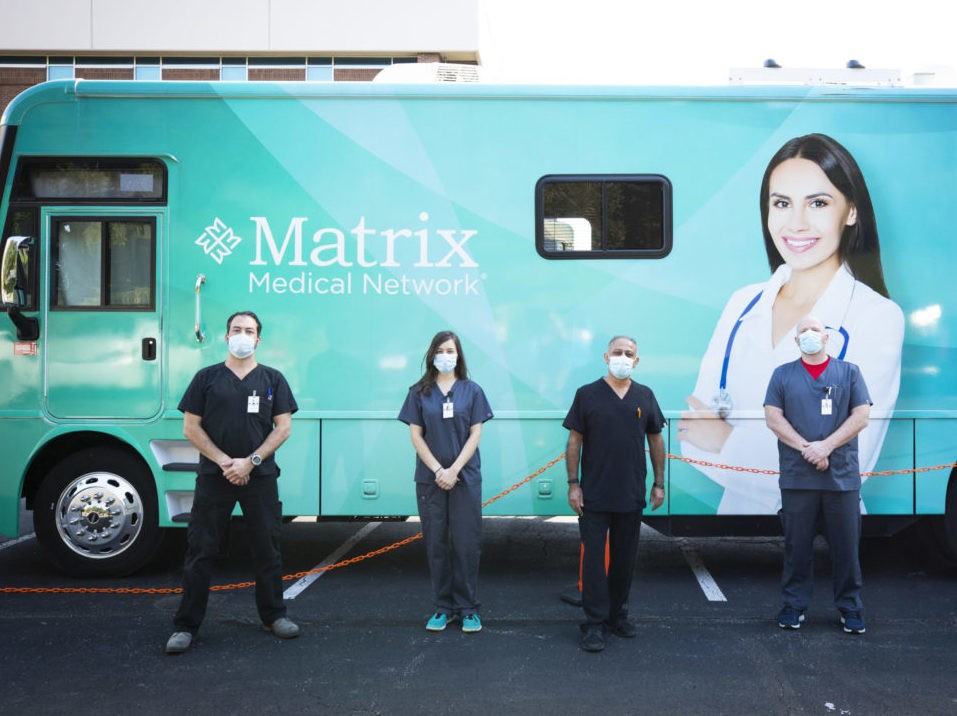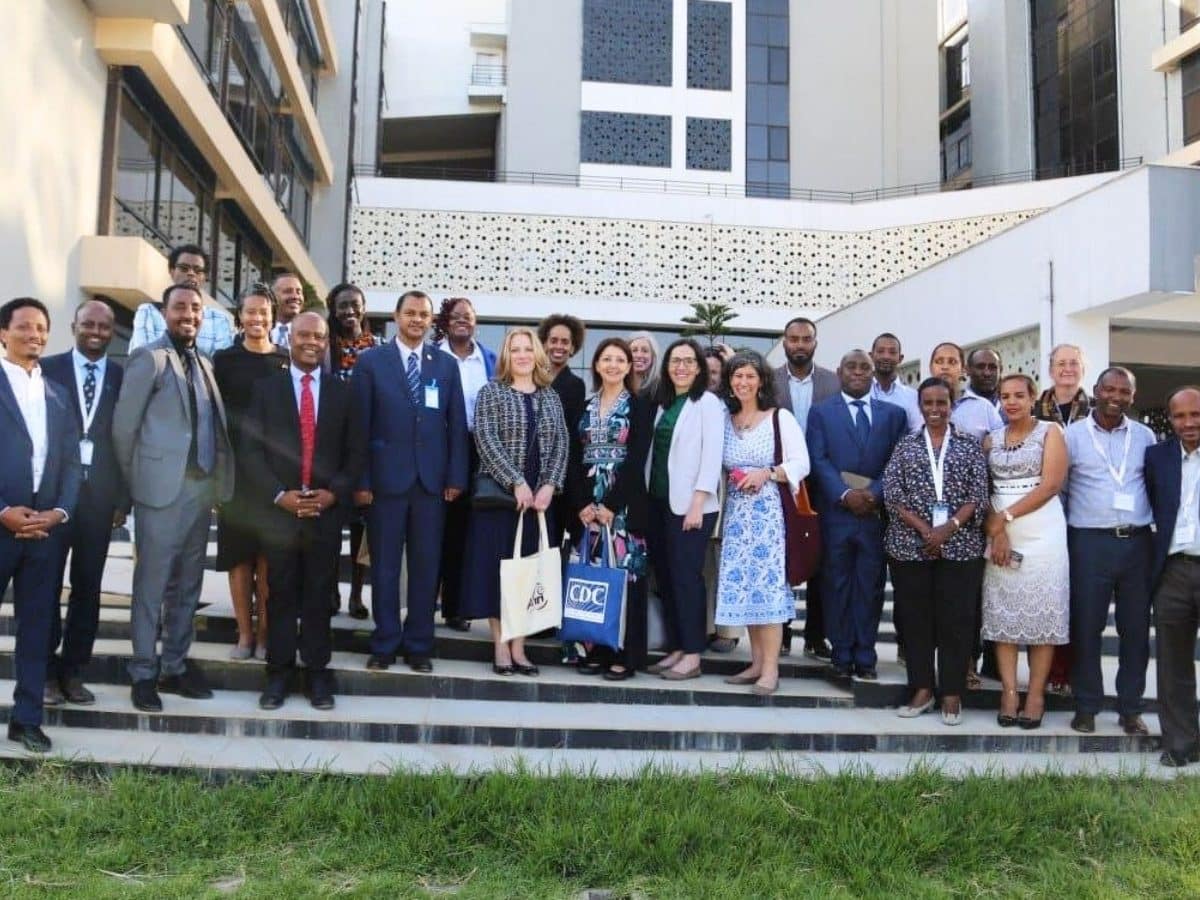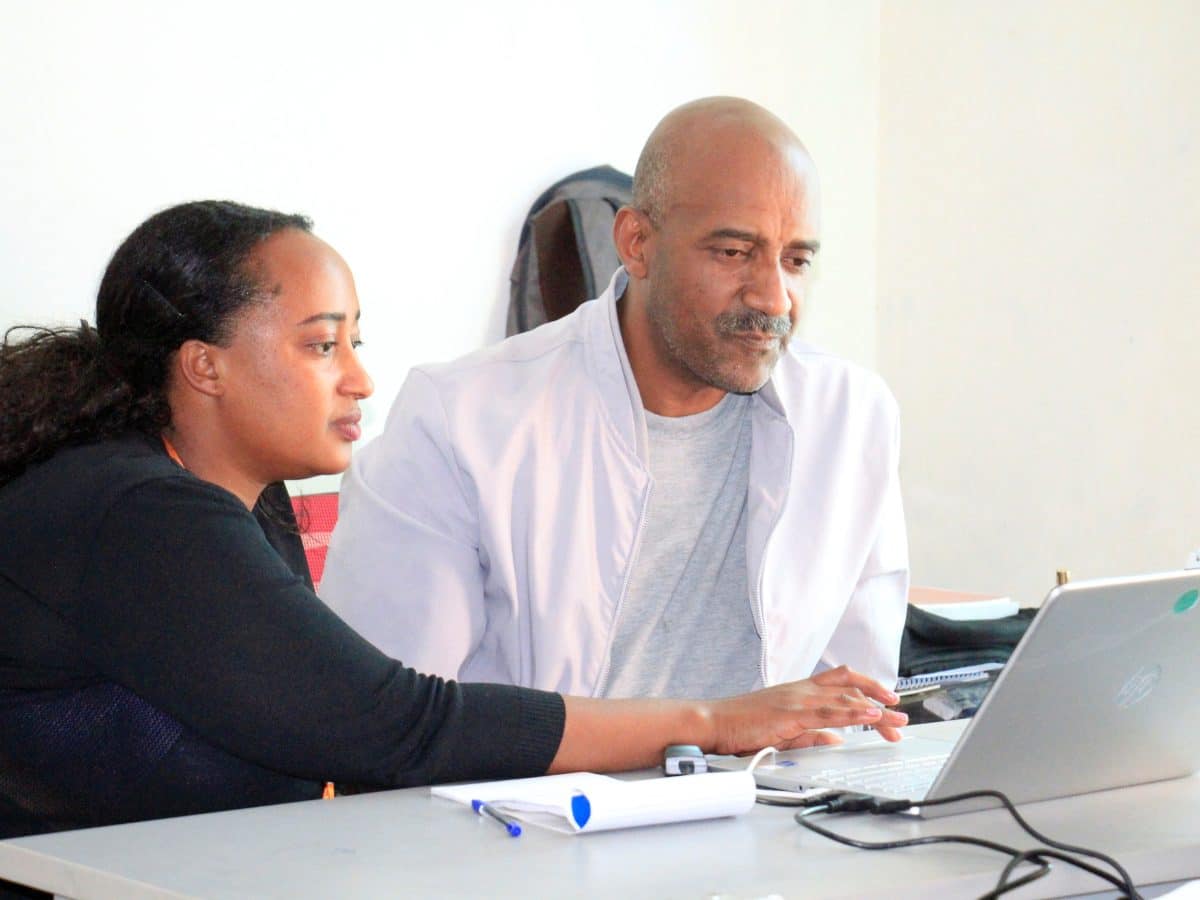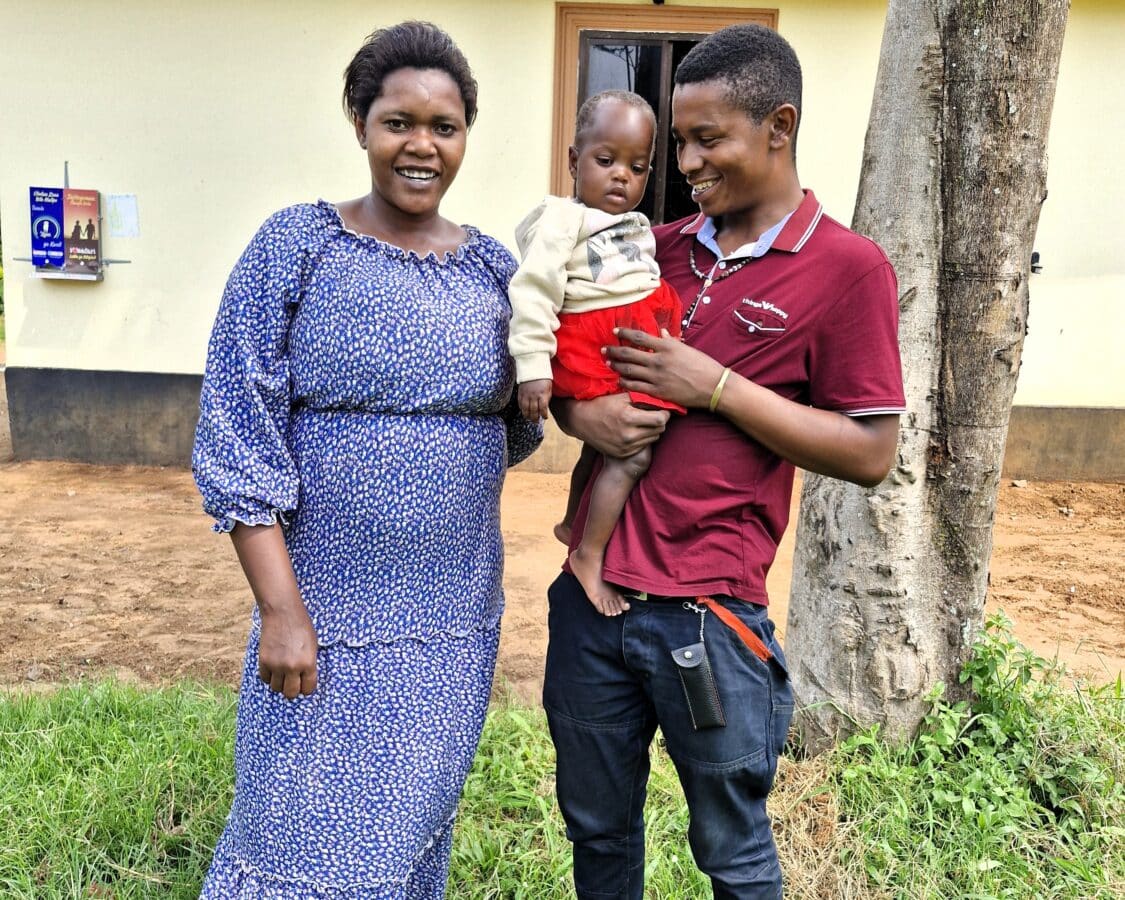The Bronx and Harlem Research Centers are building on their long history of conducting world-class HIV and tuberculosis clinical research trials to support new COVID-19 research initiatives. Teaming up with government and private partners, both centers are conducting phase three clinical trials to evaluate the safety and efficacy of COVID-19 vaccines and treatments. In addition, the ICAP centers are participating in a community prevalence study that seeks to build a better understanding of how wide-spread COVID-19 has been in the Bronx and Harlem communities.
AstraZeneca’s AZD1222 Clinical Trial
At the Bronx Prevention Center, ICAP is conducting AstraZeneca’s Phase III double-blind, placebo-controlled study, which will assess safety, efficacy and immunogenicity of the vaccine compared to a placebo given for the prevention of COVID-19 in adults. The vaccine is a recombinant form of an adenovirus which is unable to replicate.
“Different groups of people may have different responses to the same vaccine. It’s important that communities of color, who have historically been under represented in clinical trials, have the opportunity to participate in the COVID-19 vaccine trials,” said Jessica Justman, MD, senior technical director at ICAP and ICAP’s principal investigator for the AstraZeneca study. “Diversity in these clinical trials will be critical to individual wellbeing and to a successful public health response to COVID-19.”
To bring the trial to the community, Matrix Medical Network, through an agreement with the Fred Hutchinson Cancer Research Center, is working with the Bronx Prevention Center to provide mobile health clinics and clinicians to increase access to the investigational vaccines.
Johnson & Johnson’s ENSEMBLE Clinical Trial
At its Harlem Prevention Center, ICAP is participating in the ENSEMBLE Study, which seeks to determine whether a single-dose vaccine regimen is safe and effective at preventing COVID-19. The vaccine is being developed by Janssen, a Johnson & Johnson company, for the prevention of COVID-19. The trial will involve up to 60,000 volunteers at up to nearly 215 clinical research sites in the United States and internationally. The study will include adults 18 years old and older, including significant representation from those who are over age 60.
“The vaccine under investigation in the ENSEMBLE Study is currently the only single-dose vaccine in Phase III trials in the United States,” said Cassia Wells MD, MPH, MA, senior technical advisor at ICAP and principal investigator for the study at ICAP. “If found to be safe and effective, a single-dose vaccine regimen could significantly streamline future vaccination efforts. It is therefore important that the study include the diverse populations found in our city, to ensure the final product is effective for every member of our community.”
Regeneron’s REGN-COV2 Trial
Both the Bronx and Harlem Research Centers are participating in a study for Regeneron Pharmaceuticals to assess the safety and efficacy of a one-time subcutaneous infusion of monoclonal antibodies in preventing COVID-19 in household contacts of individuals infected with SARS-CoV-2. The Harlem Prevention Center is enrolling approximately 20 to 25 participants for the trial and the Bronx Prevention Center will enroll another 15-10 participants.
Ellen Morrison, MD, MPH, principal investigator of the Regeneron Study at ICAP, explained that household transmission continues to fuel the COVID-19 epidemic. “This is particularly problematic for the multigenerational households living in the Bronx and Harlem,” she said. “Children attend school and the younger adults are the essential workers in our communities; unfortunately, this increases risk, especially for older members of the household.”
The COMPASS Project
In addition to supporting the clinical trials, the two ICAP centers are also participating in the Community Prevalence of SARS-CoV-2 study (COMPASS), a nationwide initiative led by the National Institute of Allergy and Infectious Diseases, involving approximately 16 communities across the United States.
“This research will study the demographic and social factors and medical illnesses associated with COVID-19 from the perspective of the general population in communities rather than hospitals or medical clinics,” explained Justman, who is also the principal investigator for the study. “The data collected through this population-based survey will give us a greater understanding of the extent of current and prior COVID-19 and will therefore help us project future disease risk.”
COMPASS investigators will recruit a diverse group of participants who reflect the ethnic, age and gender make-up of the U.S. population. The study, an initiative of the National Institutes of Health, aims to collect samples from about 66,000 individuals.
Across all of these studies, ICAP is aiming to recruit close to 8,500 participants from communities in New York City. Given the two centers are well rooted in the community and have a strong history of research on behavioral and biomedical approaches to HIV prevention through the global HIV Prevention Trials Network, their participation in the recently formed COVID-19 Prevention Network will allow them to play a critical role in helping researchers find lasting solutions to the global health challenges posed by COVID-19.
A major global health organization that has been improving public health in countries around the world for over 15 years, ICAP works to transform the health of populations through innovation, science, and global collaboration. Based at Columbia University in New York City, where it is part of the Mailman School of Public Health, ICAP has projects in more than 30 countries, working side-by-side with ministries of health and local partners to confront some of the world’s toughest health challenges. Through meaningful research, tailored technical assistance, effective training and education programs, and rigorous surveillance to measure and evaluate the impact of public health interventions, ICAP aims to realize a global vision of healthy people, empowered communities, and thriving societies. Online at icap.columbia.edu








